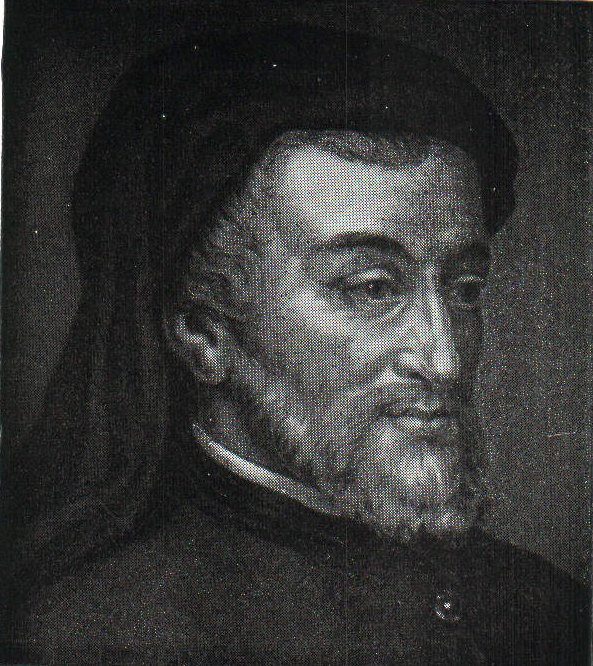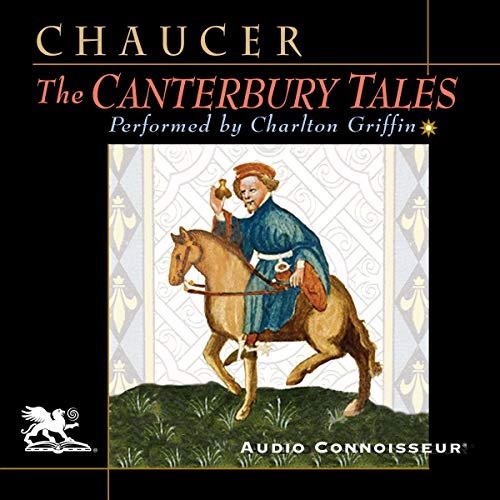Over a course of 1400 years, the English language has evolved to become what it is today. The English language first originated from the dialects and vocabulary of a few Germanic settlers in Britain, in the 5th century. As of today, English is the most spoken language with about 1132 million speakers throughout the globe. The major reason for this phenomenal popularity of the language is not just the British colonization but the English literature of the highest aesthetic and artistic values too.
A set of Anglo-Frisian dialects brought to Great Britain by Anglo-Saxon invaders in the 5th century is called the Old English and is one of its earliest forms.
Beowulf is an Old English epic poem singing the tale of a German Heroic Legend. Despite the fact that it was set in Scandinavia, it has achieved national epic status in England. It is one of the most influential works in Old English. Several translations and adaptations have been done. Even J.R.R. Tolkien, the author of the fantasy bestseller “Lord of the Rings” translated Beowulf from 1920 to 1926.
Normans conquered England in 1066. Following the Norman conquest, Middle English began to be spoken. Middle English lasted till the 1470s, when the Chancery Standard (late middle English), a London based form of English, attained popularity. Geoffrey Chaucer wrote “The Canterbury Tales” between 1387 and 1400, and by doing so he became a prominent figure in the development of the legitimacy of Middle English, when French and Latin were dominant in literature. The Canterbury Tales was a collection of 24 tales, with about 17,000 lines, about a group of pilgrims traveling from Canterbury Cathedral to compete in a storytelling contest, set in the Kingdom of England.


From the late 15th century, Early Modern English came into being, and one of the prodigies was poet and playwright- William Shakespeare (1564-1616). He is widely regarded as the greatest writer and one of the greatest dramatists. His plays have been translated to almost every existing language. Some of his widely known works are Romeo Juliet, Hamlet and Macbeth.


In the mid-to-late 17th century, the transition from early Modern English to Modern English happened. The English language spread throughout the world with the development of the British Empire between the late 16th and early 18th centuries. At its height, it was the largest kingdom in the world. By 1913, the British Empire held sway over 412 million people, 23% of the world population at the time. During the nineteenth and twentieth centuries these colonies and the USA started to produce their own significant literary traditions in English. Cumulatively, over the period of 1907 to the present, numerous writers from Great Britain, both the republic of Ireland and Northern Ireland, the US, and former British colonies have received the Nobel Prize for works in English language, more than in any other language.








